- Student
- Student
- Akademickie Biuro Karier
- Akademicki Związek Sportowy
- Biblioteka
- Biuro kształcenia doktorskiego i awansów naukowych
- Seminarium Doktorskie
- Szkoła Doktorska
- Centrum Osób o Szczególnych Potrzebach
- Centrum Egzaminowania Elektronicznego
- Dział Współpracy z Zagranicą
- Dziekanat i sprawy studenckie
- Dział rozliczeń ze studentami
- Efekty uczenia się / Sylabusy
- Harmonogram i terminy zjazdów
- Koła naukowe
- Klub MBA
- Legia Akademicka - Szkolenie Wojskowe dla studentów
- Międzynarodowa akredytacja IPMA Student
- Praktyki studenckie/Internships
- Program Ambasadorski
- Samorząd studencki
- Stowarzyszenie Absolwentów i Studentów AWSB
- Studium Języków Obcych
- Strefa Wsparcia
- Stypendia
- Wirtualna Uczelnia
- Kontakt
- Materiały edukacyjne
- Empty
- Kandydat
- Kandydat
- Studia I stopnia
- Studia II stopnia
- Studia jednolite magisterskie
- Studia jednolite magisterskie
- Pedagogika przedszkolna i wczesnoszkolna - studia jednolite magisterskie
- Pedagogika specjalna – studia jednolite magisterskie
- Fizjoterapia - studia jednolite magisterskie
- Prawo - studia jednolite magisterskie
- Psychologia - studia jednolite magisterskie
- Psychologia - studia jednolite magisterskie dla osób posiadających wyższe wykształcenie
- Lekarski - studia jednolite magisterskie
- Empty
- Executive MBA (EMBA) in English
- Studia MBA
- Studia podyplomowe
- Szkoła doktorska i Seminaria doktorskie
- Studia w języku angielskim
- Studia w języku ukraińskim
- Centrum Osób o Szczególnych Potrzebach
- Promocje
- Szkoła Języków Obcych
- Szkolenia
- Zasady rekrutacji
- Kontakt
- Empty
- Nauka i Badania
- Uczelnia
- Uczelnia
- Aktualności
- Baza dydaktyczna
- Business School
- Collegium Medicum – Wydział Medyczny
- Dla mediów
- Do pobrania
- Formularz kontaktowy
- Inwestycje – dofinansowanie z budżetu państwa
- Jakość kształcenia
- Kariera
- Katedry
- Kontakt
- Media o nas
- Nagrody i wyróżnienia
- Newsletter
- Otwarta Akademia Nauki
- O uczelni
- Partnerzy
- Patronaty
- Projekty unijne
- Rada ekspertów
- Standardy ochrony małoletnich
- Strategia
- Strategia Zrównoważonego Rozwoju Akademii WSB do roku 2030
- Uniwersytety Dziecięce
- Uniwersytet Trzeciego Wieku
- Władze
- Wydarzenia
- Wydziały
- Zamówienia publiczne
- Wykładowca
- Empty
Otwórz/zamknij menu dostępności przy pomocy klawisza Enter
Keynote Speakers
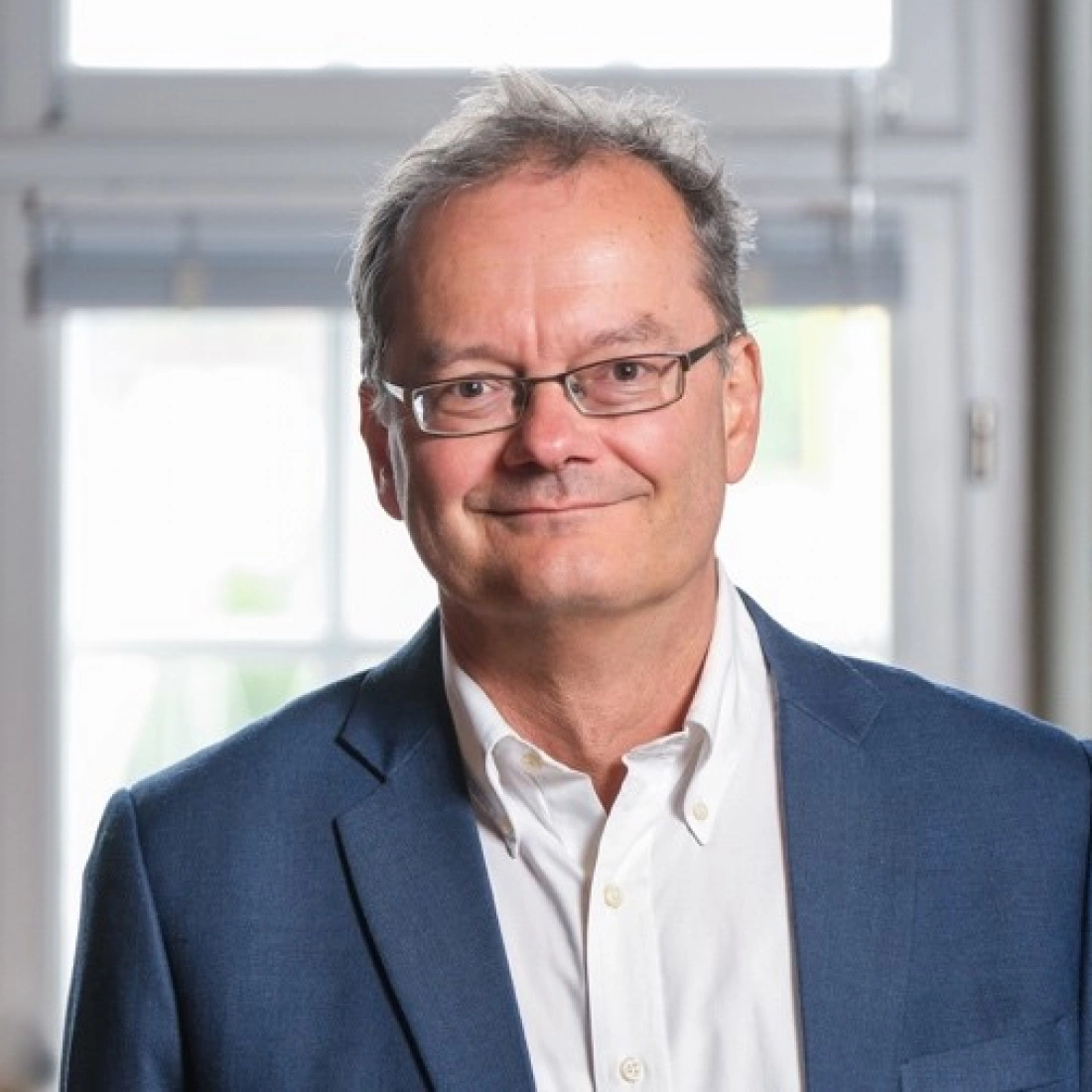
Martin Klatt is the Head of Research Cluster at the European Centre for Minority Issues in Flensburg (since 2022). Since 2005 he has been working also as the Associate Professor at the Center of Border Region Studies at the University of Southern Denmark in Sønderborg. His previous scientific positions were: research fellow at the Schleswig-Holstein Institute for Peace Research (1996), the Research Department of the Danish Library for South Schleswig (1997-2000), assistant professor at the Danish Institute for Border Region Studies (2001-2005). His research activities concentrate on national minorities in border regions, regional cross-border cooperation, cross-border regions in history and today, and cross-border regional governance. Martin is also coordinator of the Borders Shaping Perceptions of European Societies (B-SHAPES) Horizon Europe research project (https://www.sdu.dk/en/forskning/forskningsenheder/samf/b-shapes).
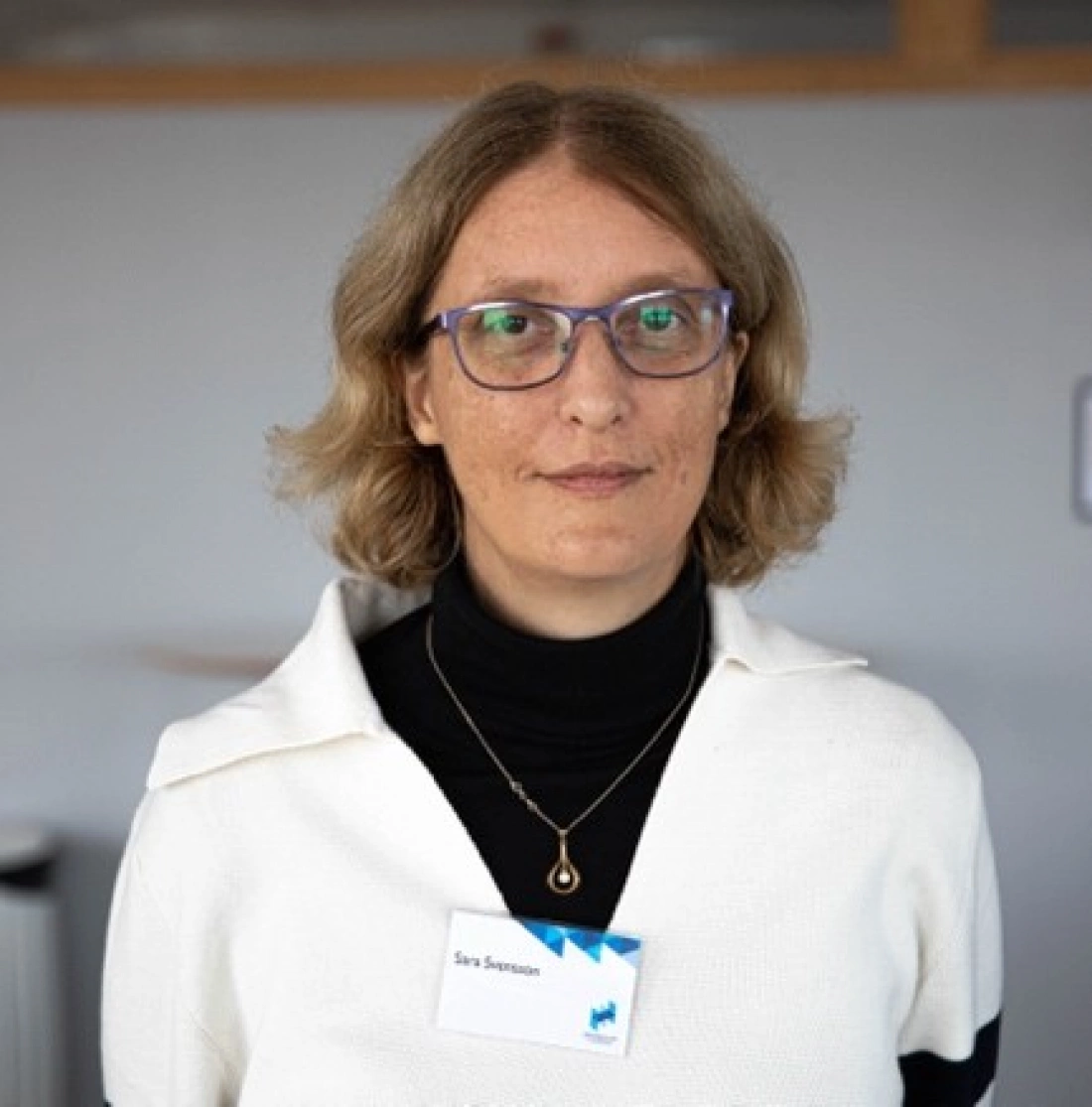
Sara Svensson holds a PhD in public policy/political science from the Central European University (Budapest, Hungary), an MA in political science and a BA in journalism. She is Associate Professor and Programme Director of the Transformation, Innovation and Norm Sciences (TRAINS) Research Programme at the Halmstad University in Sweden. She takes a special research interest in policy formation and governance structures in European cross-border regions. She is the co-editor of two edited volumes and one special issue as well as a textbook on public administration. She is Associate Editor of the Peace and Democracy Section of the journal Frontiers in Political Science, and Regional Editor of Journal of Borderlands Studies.
Sara is part of the supervision committee for Dimitra Kiousi within a split-site PhD cooperation with Portsmouth University, UK. Before entering academia, she worked at different locations as a news journalist for the public service broadcasting company Sveriges Radio. She frequently comments on public affairs for news outlets.
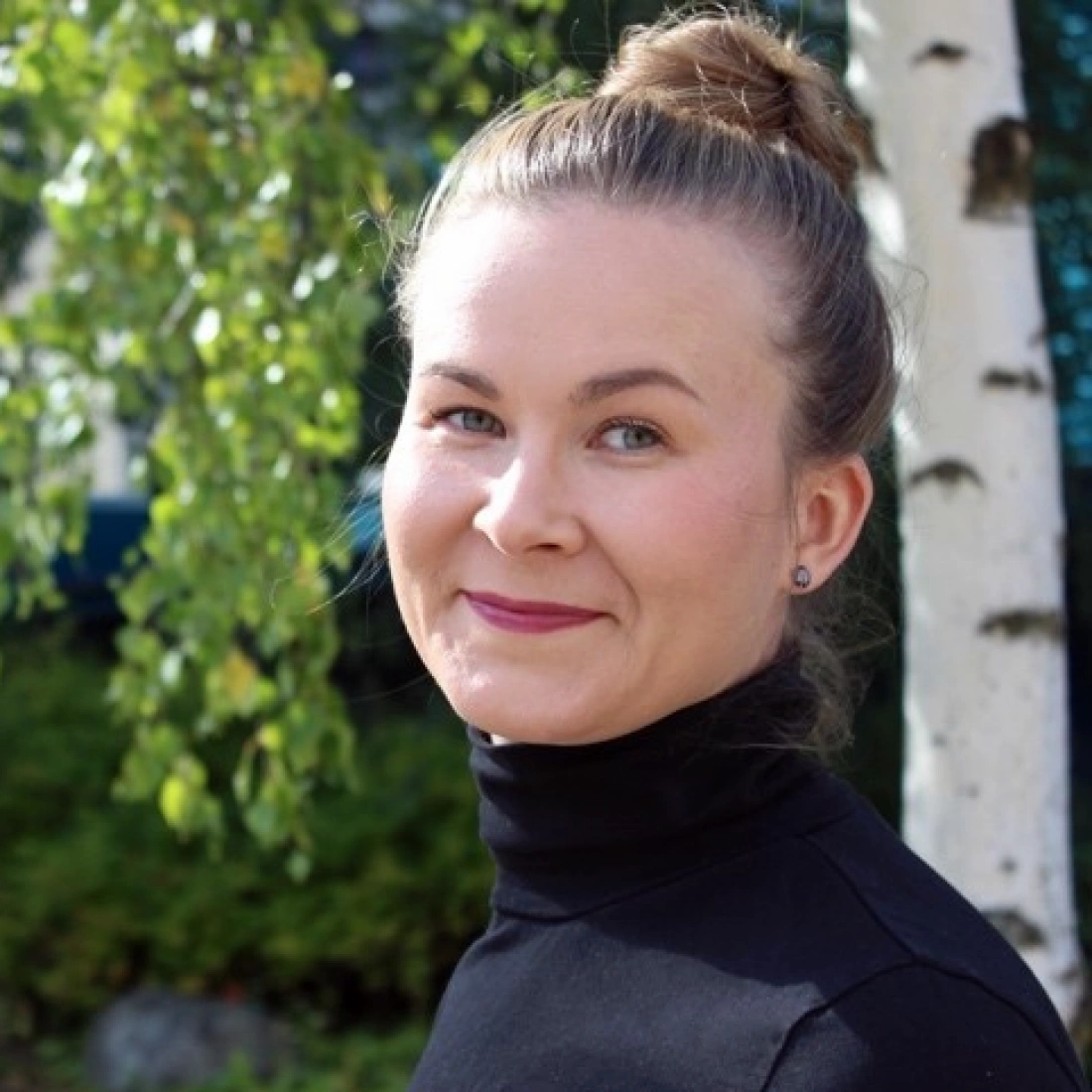
Frederika is a human geographer with a strong expertise in studying regional planning and development, especially in the context of border regions and towns. She received her PhD from the University of Oulu (Finland). In her research, Jakola has been particularly interested in the role of trust and social capital in the cross-border cooperation and development of border regions more generally. She has conducted an extensive amount of field work at the Finnish-Swedish border region during the last 15 years.
Frederiika has published several scientific articles in international journals in which she has problematized the dynamics and interrelations between the context dependent “soft” cultural matters, local agency and state and EU-level regional politics, and their effects on the development of European northern border regions. She has taught in various courses at the Geography Research Unit in the University of Oulu during her career. She works in the Horizon Europe -project B-SHAPES. She has also worked as a responsible researcher in projects focusing inclusiveness of municipalities in the EU Structural Funds and regional impact of RDI of enterprises in Finland.
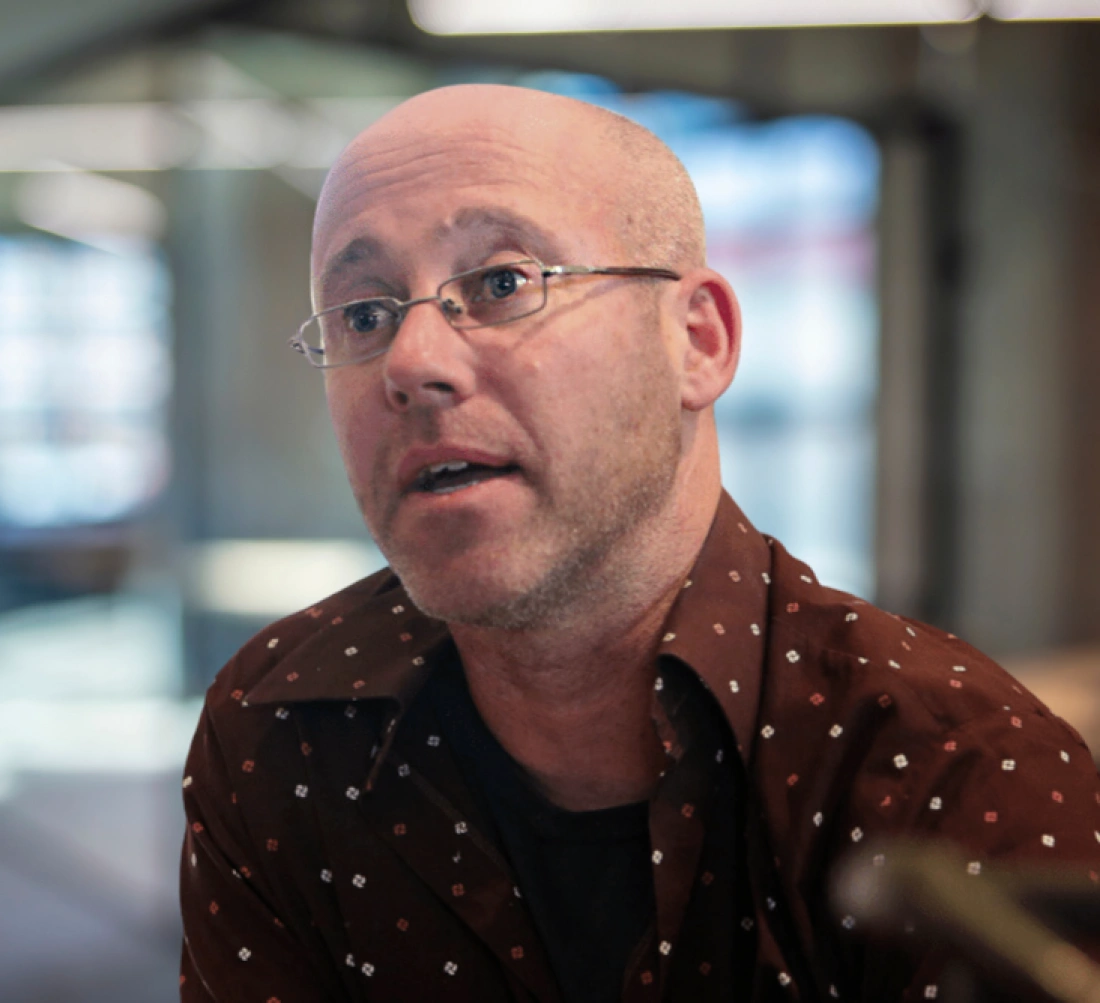
He is a social geographer who develops data driven theories to resolve environmental conflicts by improving resource governance and decision-making. His research seeks to unravel the political and institutional dimensions in decisions that relate to the allocation of natural resources, mostly water and energy. Itay seek to transcend disciplinary boundaries and embed the spatial dimension in other disciplines such as international relations, conflict resolution and political sciences; and to challenge geographers by bringing insights from other disciplines into the realm of geography. His work has pioneered the successful emergence of the field of transboundary resources by developing data driven theories based on cases of exposure to political and environmental uncertainties such as the Jordan basin, the Rio Grande River, the Colorado River, and Gaza strip. He has published over 60 articles in leading public policy, conflict resolution, peace studies, geography, ecological economics, and environmental journals.

Eithne Knappitsch is a Professor of Intercultural Management at Carinthia University of Applied Aciences, with a Ph.D. in European Cultural Studies and a university certificate in Diversity Management. Eithne’s teaching and research spans intercultural communication, leadership and teamwork in cross-border and remote work contexts, and Diversity, Equity & Inclusion. Her most notable achievement is the co-founding of the Global Case Study Challenge, an innovative educational program and non-profit organization celebrated for enhancing intercultural, digital collaboration, and sustainability competencies across global student and educator communities. This initiative, alongside her role as curator of TEDxKlagenfurt, underscores her dedication to innovation, collaboration, and community. She has received several awards for her teaching at Higher Educational Institutes, including two Austrian ARS Docendi Recognition Awards and the Profformance International Teaching Excellence Award.

Karina Pallagst is professor for International Planning Systems at Kaiserslautern University’s faculty of Spatial Planning and Dean of the Faculty of Spatial and Envinmental Planning. Previously she worked at UC Berkeley’s center for Global Metropolitan Studies (GMS) and the Institute of Urban and Regional Development (IURD). Her research focuses on international comparative urban development, shrinking cities, planning in the USA, European spatial development, planning culture and growth management. She serves on numerous think tanks, working groups and committees regarding spatial planning and international urban development. She is a co-founder and chair of the Shrinking Cities International Research Network (SCiRN). She has published many articles, she is also the reviewer in the recognized scientifical journals.
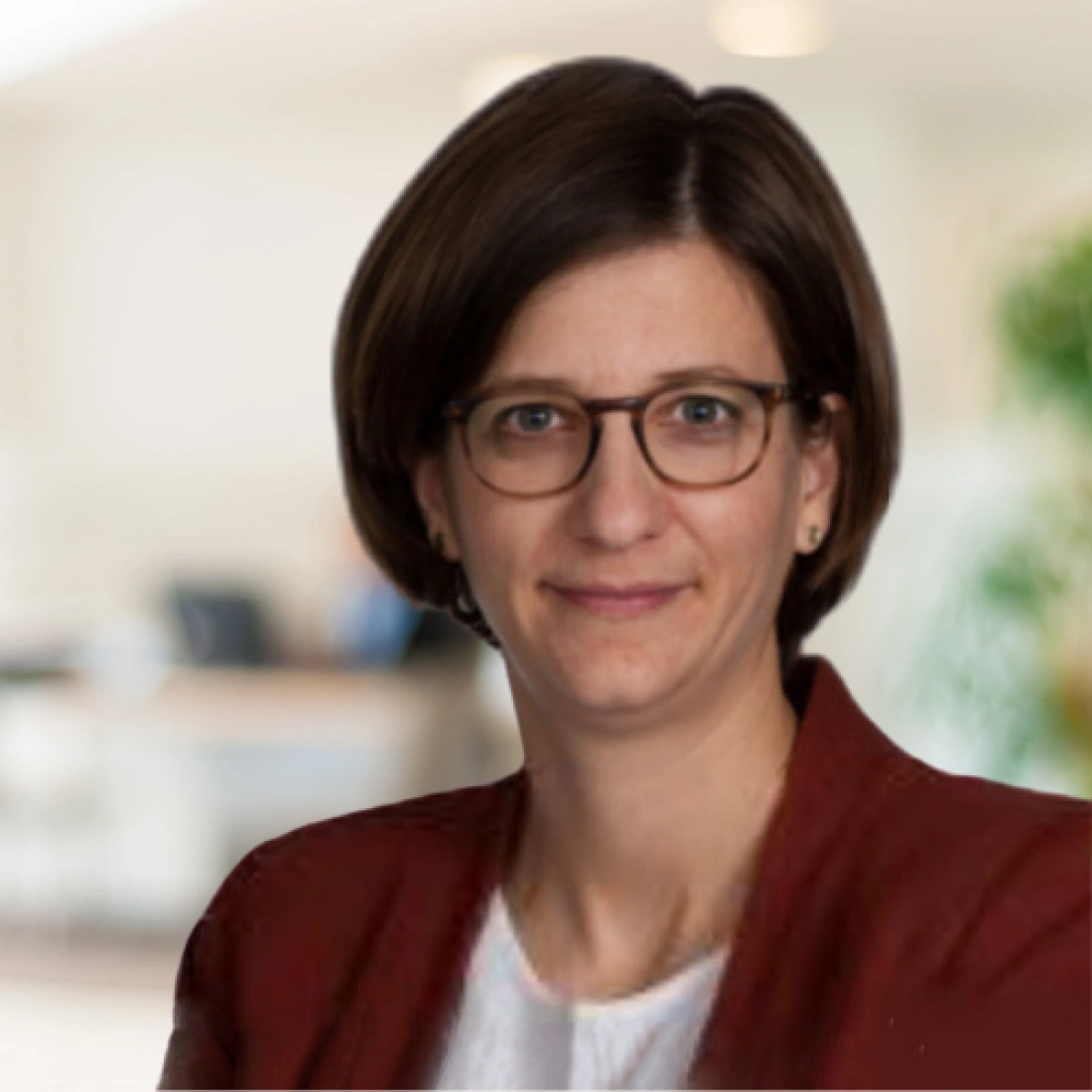
Dr. Ines Funk is since 2010 scientific assistant at the Department of Social-Scientific European Studies and CEUS | Cluster for European research at Saarland University (Germany). She coordinates the trinational study program Master in Border Studies.
She studied Cultural Studies at Saarland University and completed her PhD in Human Geography in 2015 with a thesis on cross-border patient mobility in the Saarland-Lorraine region. Her research interests are Border Studies, especially cross-border labour and training markets, as well as Health Geography. Current research activities focus on the consequences of the Covid19 pandemic for students in cross-border study programs, cross-border vocational training and cross-border youth mobility. She’s a member of the working group “Labour and Education” of the of the Center for Border Studies, an Interdisciplinary Center of Expertise of the University of the Greater Region (UniGR).
Moderators

Hynek Böhm holds Ph.D. in political geography. He has been professionally active in the field of cross-border co-operation (CBC) during most of his professional career in the public administration, NGOs and academia. He acted as a facilitator and a developer of cross-border initiatives. He was also a founding member of Transfrontier EuroInstitute Network (www.transfrontier.eu), which has been operating since 2010. After he defended his PhD thesis, which dealt with CBC and multi-level governance in border regions, he started researching and teaching border studies from the perspective of political geography at Technical University of Liberec (CZ) and political sciences at University of Opole (PL). He has been strongly involved in co-operation with non-academic world, which makes his research more applied. He has co-founded EuroInstitute PL-CZ-SK, which should further deepen trilateral Polish-Czech-Slovak cross-border links by the means of training, applied research and consultancy. He has been acting as a chairman of the applied geography section of the Czech Geographical Society.
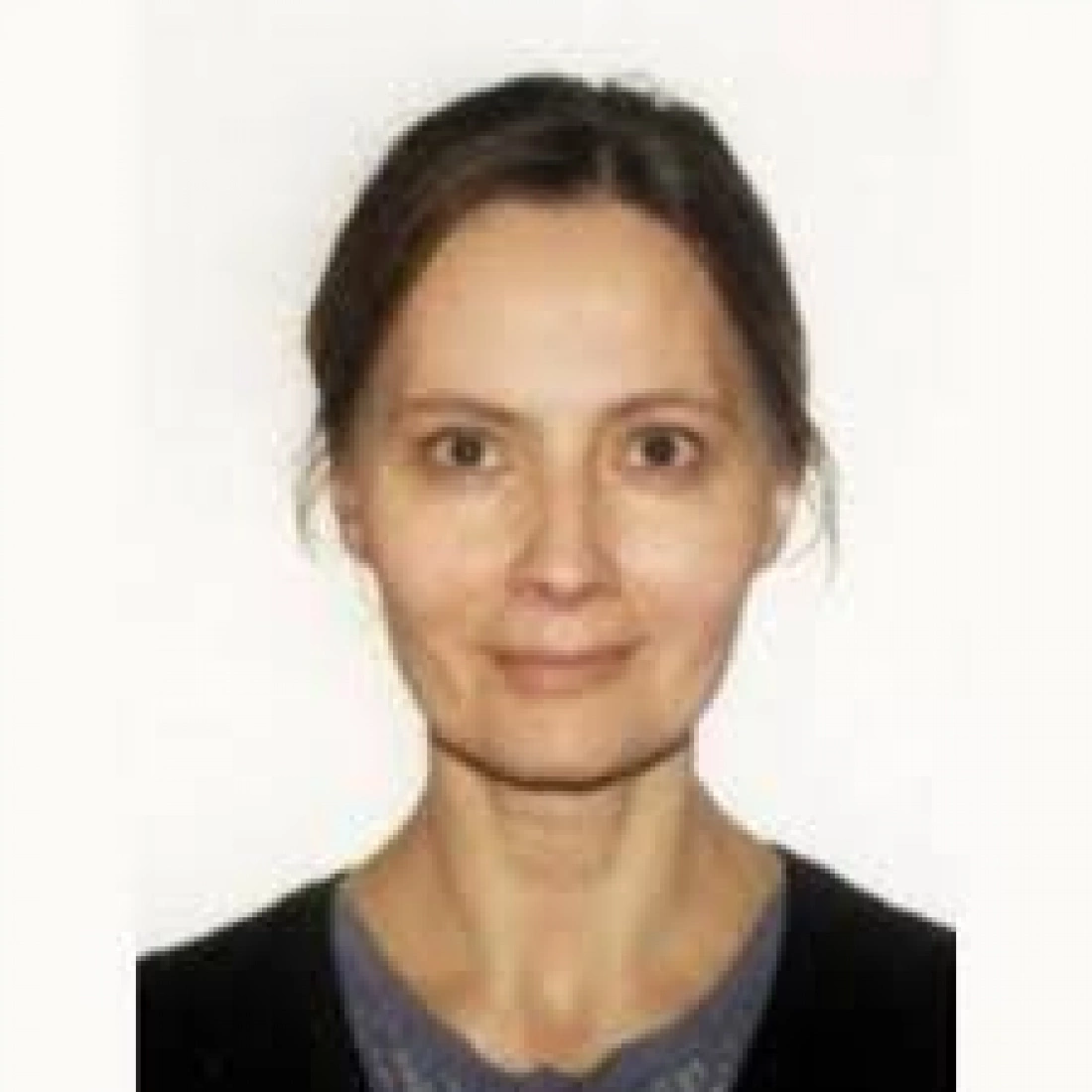
Tatsiana Shaban is a non-resident (post-doc) fellow at the Centre for Global Studies at the University of Victoria (UVic) in Canada. She is a BIG LAB reseacher for Borders in Globalisation Project (BIG) at UVic which is an international research network connecting research to policy. Its goal is to build excellence in the knowledge of borders and advance border management in Canada and worldwide. Her current research mainly focuses on European Integration and regional governance, European Neighbourhood Policy and EU external borders. It addresses established institutional, territorial and security challenges of the EU and public policies on each side of the border(s) by studying the action logics of the major regional players in Eastern and Central Europe. Within the BIG network, she looks at the history of cross-border regions and cross-regional cooperation trends in Ukraine and its local authorities. Her publications include research on EU-Ukraine and Canada-US borders.
In 2019 she got an interdisciplinary PhD with a special focus on European Studies from UVic and a MA in International Relations and Politics from the University of Nottingham, UK in 2006. Her PhD thesis “EU Regional Cooperation and Governance of its Eastern Neighbourhood” analysed the benefits and actions of the EU governance and its cross-border cooperation schemes, including their impact on the transformation of national settings in the Eastern neighbourhood. The thesis was nominated for the Governor General’s Gold Medal (Canada). At UVic she assisted with teaching an online Moodle course “European Borders without Walls: What Can the World learn from EU Border and Immigration Policies?”. The activities in the course were aimed at engaging the greater public, undergraduate and graduate students, young researchers and professors, along with the policy makers. Currently she is teaching Borders in Globalisation and European Integration online courses at WSB.